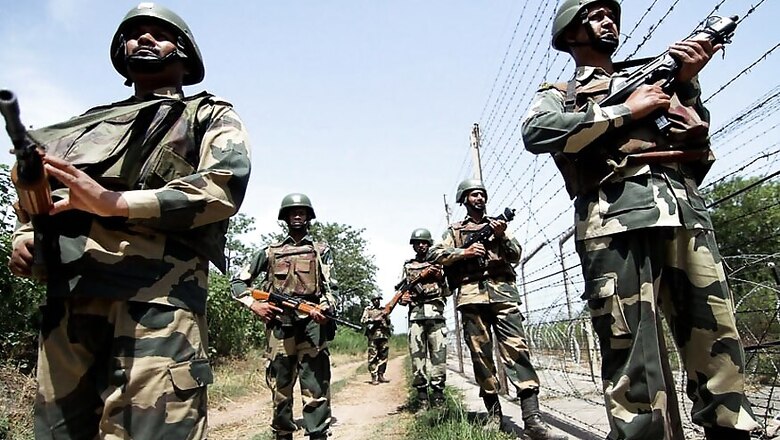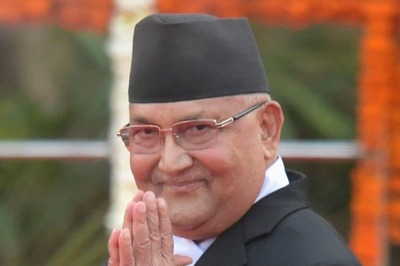
views
New Delhi: Troops of the BSF, country's largest border guarding force, will now undertake a "mandatory" test that will analyse the state of their happiness and well being before deployment along the borders with Pakistan and Bangladesh, and in anti-Naxal operations.
The forces' headquarters has prepared a multi-point wellness quotient assessment test (WQAT) tool that helps "identify stress precipitators and physical and mental health issues that need interventions."
"The WQAT is a special tool designed to understand the happiness quotient and mental wellbeing of an individual and this has now been made a compulsory part of the annual medical test for the troops," a recent directive issued by the force, accessed by PTI, says.
The new policy measure has been introduced by BSF Director General (DG) K K Sharma after he got a major research project conducted by UK-based experts with the help of force Inspector General (IG) Satwant A Trivedi, to analyse various triggers behind suicides and other stress factors suffered by troops and their possible solutions.
The force has also published a 62-page booklet titled 'Happiness and Health: Endeavour towards holistic well being' chronicling the new standard operating procedures (SoPs) for undertaking physical, psychological and socio-economic interventions, and ways to address the grievances and overall health issues of the about 2.5 lakh personnel strong paramilitary force.
"Research provides evidence to indicate that all such cases (of stress), if cared for, at the right time can take a turn towards mend. Valuable human resource needs to be nurtured carefully," Sharma wrote in the booklet that was unveiled by Union Home Minister Rajnath Singh on Tuesday.
In this series, the Gujarat frontier of the force has also launched a 'Ghar ki Baat' initiative in which troops, on a fixed day of the week, gather at border posts along the Indo-Pak frontier and share their personal as well as professional problems.
This plan, a senior official said, will only be replicated at other forward locations of the force once the Gujarat experiment is found successful as not every person is willing to share his or her problem publicly.
The supervisory commanders of the force have been directed to undertake a number of other intervention techniques like interviewing the jawan as soon as he is back from leave.
"This exercise is seen as routine at times due to lack of interest of senior officers but it will help the commanding officer know about the various issues being faced by a jawan both at their homes and professional front," the new SoPs say in the booklet.
"Due to adherence of chain of command in making representation through proper channel, grievance redressal becomes more time taking," they say.
"More emphasis on informal interaction by superior commanders and creating more awareness on availability of various channels for airing grievances, including through help-line numbers and others should be done," the SoPs say.
They also ask field commanders to undertake yoga, meditation, counselling and have a buddy system (one person responsible for the other) to check stress amongst the personnel.
Talking about steps to prevent suicides, the new SOPs state that supervisory officers and fellow personnel should avoid "sermonising, arguing, giving advice or telling such a person to 'forget about it'", and instead should engage the individual and also deny him access to fire arms.
As per official data, a total of 173 BSF personnel have committed suicide in the last five years, while over a dozen such deaths have happened this year.
These figures are much more than operational deaths in the line of duty, that took place during the same period.
The BSF jawans are deployed for long stints in inhospitable and harsh climate areas along the Indo-Pak and Indo-Bangladesh borders, where they cannot keep their families for years together and all these factors contribute to complaints of stress and fatigue among them



















Comments
0 comment